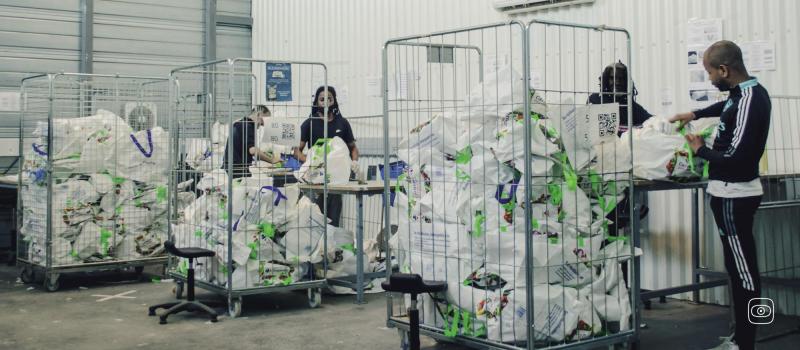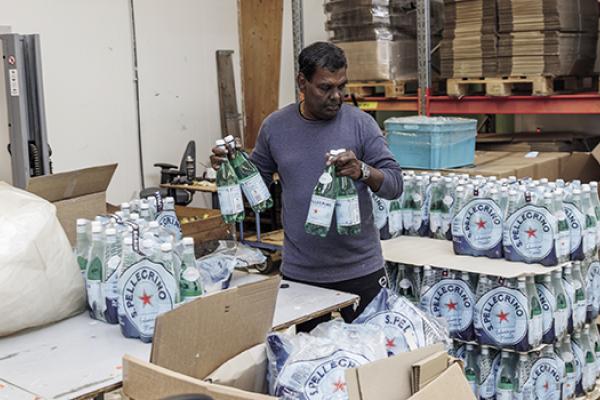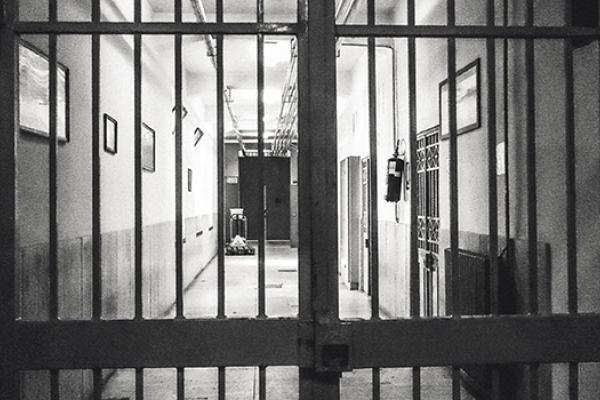This team of journalists employed a variety of methods, including field reporting, interviews with incarcerated workers, and testimonies from families, as well as gaining access to administrations and NGOs. Working across several countries, they encountered obstacles such as restricted access to prisons, opaque regulations and a reluctance among authorities and private companies to share data. Despite these barriers, the team documented how private companies operate inside prisons, profiting from a cheap and captive workforce while facing little public scrutiny. Although prison work is often presented as a form of rehabilitation, it frequently reinforces inequality, leaving incarcerated people with few new skills or savings for life after release. The investigation's findings show how labour behind bars reflects broader social and economic tensions, raising urgent questions about justice, dignity, and the value of work.
Key findings:
- Prison labour is poorly paid, often below minimum wage.
- Work is framed as a rehabilitation tool, but rarely provides lasting skills.
- Incarcerated workers lack social protections and collective bargaining rights.
- Authorities and private companies benefit disproportionately from prison labour.
- Data and transparency on prison work remain limited and fragmented across Europe.
On the right: Photograph by Louis Bontemps






